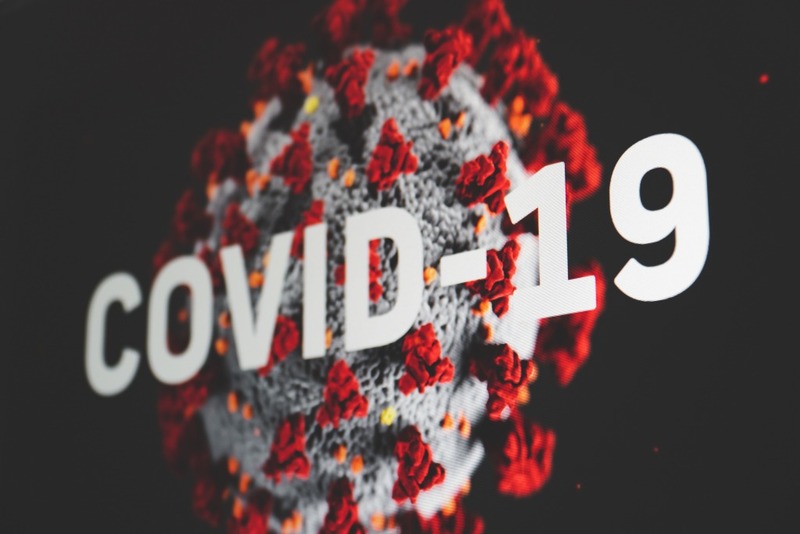
Based on data collected from Worldometers, the pandemic of the novel coronavirus (COVID-19) has affected more than 250,000 people with more than 10,000 died in the world due to the fatal infection of the virus that first appeared in the city of Wuhan, Hubei Province in China in December 2019. Indonesia has been unaffected until President Joko Widodo announced the first two cases in early March.
With more than 90,000 people already recovered from the virus, there is hope to contain the virus and stop it from exposing many people in the world. As China has shown the improving result with no major cases appearing lately, the country is returning to normal, slowly putting everything in place and staying vigilant to save the human lives from infection of the new coronavirus.
It’s likely the world will get back to normal soon as many as 185 countries have been struggling to contain the new kind of virus until the vaccine is available to distribute to the nationwide.
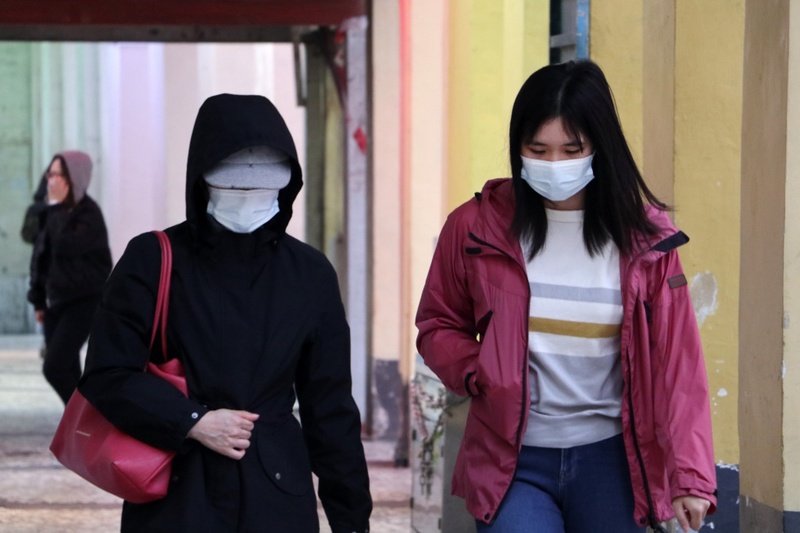
In the current struggle in the midst of the coronavirus pandemic, the World Health Organization invites the community across the nation to build solidarity, together with combating the virus that could have an exponential risk to humans’ lives.
In Indonesia, the government, health experts, scientists, as well as the community have taken action, learning from other countries to contain the coronavirus outbreak even if the country has to suffer from the plugin performance on the domestic economy due to the domino effect of the COVID-19 pandemic. The most important thing now is to maintain our humanity.
There are many revelations and lessons to be learned from this disease which tells us the importance of community regardless of many differences. From virus mitigation to climate revelation, here are the things that one needs to know about the Coronavirus and what people need to do to fight together against the viral disease that is considered the biggest terror in the 21st century today.
- COVID-19 is transmitted to humans through droplets, and transmission could be avoided by washing our hands for 20 seconds. Approved by many health experts, the virus will die if one washed their hands with regular soap and hand sanitizer properly. There are many guides for washing tutorials. One may practice the proper way to wash their hands based on the recommendation from WHO and reliable health experts. Plus, avoid touching your mouth, face, and eye, as the virus enters the body through this area. Avoid handshake and practice namaste or elbow greeting. For more information about self-mitigation, get information from the official WHO website about Coronavirus.
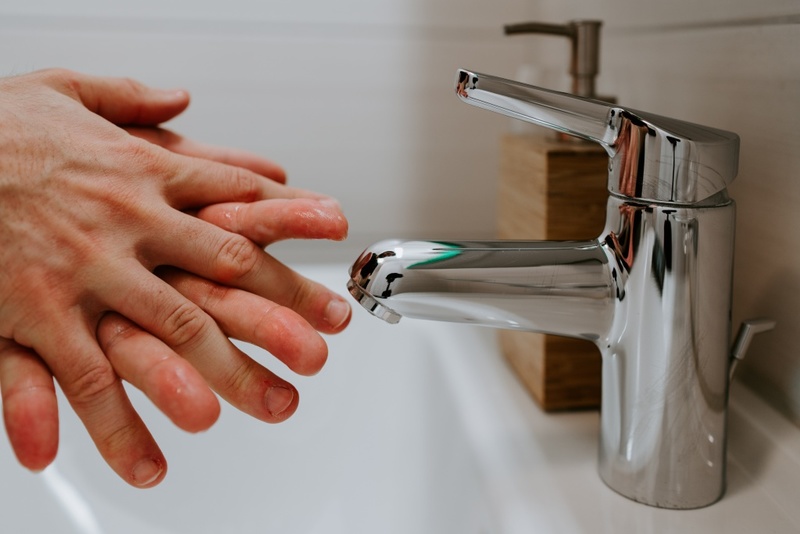
- According to WHO, the virus incubates within the body for 2-14 days with mild symptoms and more severe symptoms for some people with pre-existing conditions, especially senior citizens who have cancer, respiratory disease, cardiovascular and hypertension. As young people are less likely to be infected with severe symptoms, they could be virus carriers and affect more people. Learn the symptoms of COVID-19 here on the WHO official website.
- Since President Joko Widodo announced the first two cases, people are urged to implement social distancing as the best way to contain the virus from spreading in the country starting from the third week of March until further notice. This is why solidarity among the community is pretty much needed.
- Many events, social gatherings, celebrations and public areas are closed and suspended for further notice as the city appeal to social distancing, avoiding massive gatherings in public venues. Many activities shifted to online. The direct flight from and to the epicenter of the virus is suspended and reduce air travel to avoid the number of imported cases.
- Find comprehensive information about coronavirus in Jakarta on corono.jakarta.co.id or access the world information on WHO official website as well as the Centers for Disease Control and Prevention (CDC). In the midst of information about the coronavirus, it’s important for anyone to get reliable information from trusted sources.
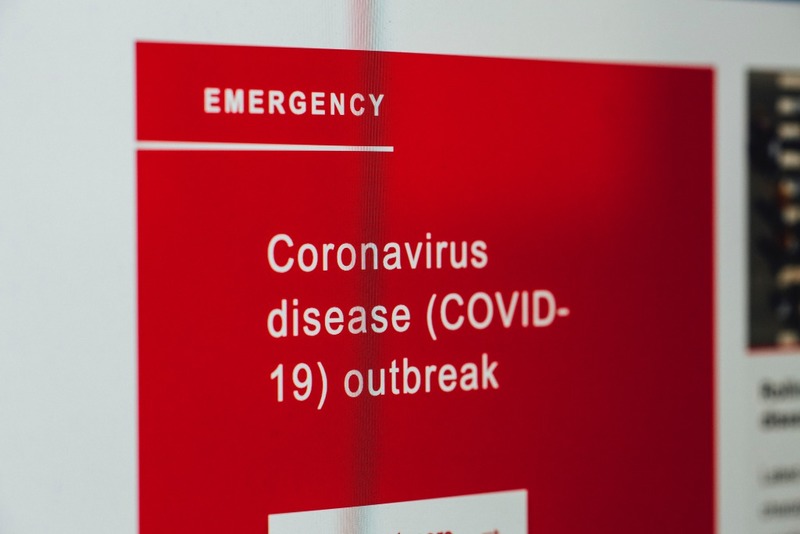
- Jakarta City government declared the state of emergency on 20 March, extending social distancing for the next two weeks after seeing the surge of a number of infected patients in Indonesia that surpassed more than 300 people. Considered as the epicenter of the virus, Jakarta is up for lockdown but remains vigilant to urge its residents to implement social distancing to reduce mobilisation and suspend operation for more companies to impose the work from home to their employees.
- In the meantime, National Disaster Management Authority (BNPB) put the status of national emergency, suggesting a longer period of social distancing until 29 May, to avoid a mass exodus during Eid Holiday this year that could potentially spread the virus across the nation.
- As the virus has affected 18 provinces in Indonesia, many local governments in a number of cities in Indonesia have taken action to contain the virus, implementing social distancing and lockdown in local administrative provinces/cities including Bandung, Surabaya, and Yogyakarta as most cases appeared in Java island.
- While implementing social distancing, the national government urges communities for mass rapid testing for the coronavirus to detect the infection. As the lack of transparency in reporting the cases of coronavirus, the government boosted up the facilities and coordinated with local authorities.
- It’s important to know the referral hospital for someone who needs medical treatment of the virus and get anyone tested. In Jakarta, there are nine referral hospitals for coronavirus treatment including RSPI Prof. Dr. Sulianti Saroso, RSUP Persahabatan, RSUP Fatmawati, RSUD Cengkareng, RSUD Pasar Minggu, RS Bhayangkara TK. I R. Said Sukanto, RSPAD Gatot Subroto, RSAL dr. Mintoharjo, and RS Pertamina Jaya. If you continue feeling sick after a week with similar symptoms to the coronavirus, please report your condition. For many people, one body will be healed by staying at home with personal care. It also depends on one’s immune system.
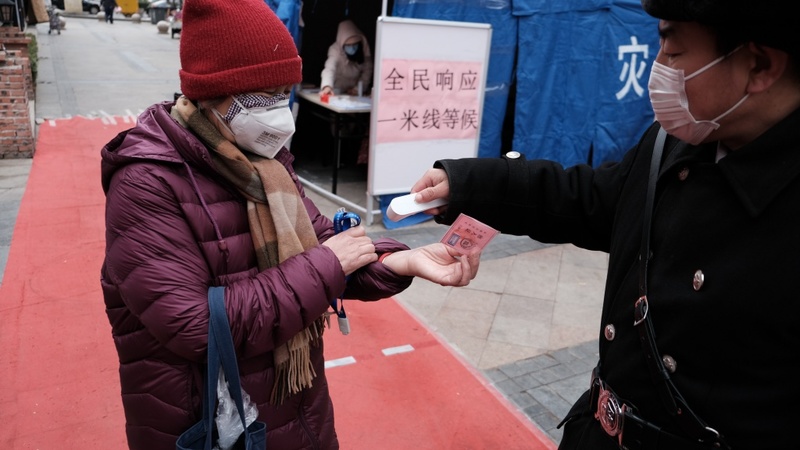
- As Jakarta will be implementing extensive social distancing, it’s important to stock up the food goods for daily needs. Avoid getting out to the public or travelling unless it’s urgent and necessary. No panic buying and sharing the daily goods with others who also need it.
- Find the best way while doing self-distancing at home, find the best method for the work from home with the colleagues, create fun activities, stay healthy, take care of the mentality during the extensive social distancing, and share it with your friends and family. Help the worker by #flattenthecurve the curve to avoid overcapacity in the hospital by implementing social distancing #StayatHome
- The coronavirus pandemic has led to further study and analysis of the development of the virus in modern times, inviting many scientists and health experts and other stakeholders about the future threat of humanity.

- There is a revelation about the virus to the current climate where The United Nation of Environment (UNEP) has reported the reduction of global pollution. The study of climate change will be also considered for further research as there are many experts linking the correlation between climate change and the appearance of the virus. Many people also try to cope with the solution for digitization in the economy, education, as well as other industries.
- Participate yourself to combat the coronavirus by feeding vulnerable communities who need meals during the epidemic crisis, donate some for health workers and many groups that need help during a hard time by providing distribution of proper medical facilities to combat the spread of COVID-19. Platform Kitabisa.com has gathered communities that take these initiatives.
As the Director of The World Health Organization Tedros Adhanom Ghebreyesus said, “We Can Do This! It depends on Us!”






